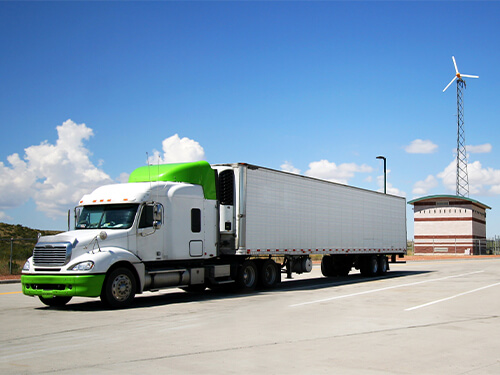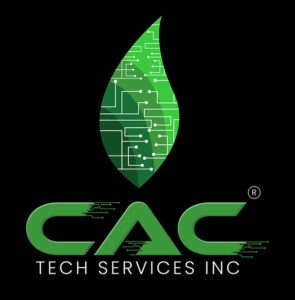
Energy Efficient & Resilient Freight Technology
Advancing energy efficiency and resiliency throughout the supply chain to benefit local and regional economies.
The coalition seeks to address regional transportation issues, with a special emphasis on the critical freight corridors of I-64, I-77, I-81, and I-95.
Our region is positioned to be a global leader in next-generation transportation infrastructure systems. These systems will increase freight efficiency and create workforce opportunities in emerging fields.
In addition to infrastructure, we will accelerate AV2X communication networks. We will spearhead the installation and operation of a ubiquitous V2X communications network along the corridor. The communication of accurate fueling infrastructure information will help accelerate adoption and optimize route stops while minimizing down time.
Program Area Lead
Projects
Addressing Common Myths about Sustainable Freight
A key focus of the Carbon-Neutral and Sustainable Freight program area of the D2D Coalition is decarbonizing medium- and heavy-duty vehicles (MHDVs), which contribute significantly to U.S. transportation greenhouse gas emissions. A D2D working group was assembled to tackle the challenge of widespread public misperceptions around climate change and EV technology. The working group explored 15 prevalent misperceptions that are impeding sustainable freight progress. These included beliefs such as electric vehicles being less safe than diesel vehicles, electric trucks being too expensive or ineffective in cold climates, and the idea that electrification merely shifts emissions elsewhere.
Electrifying Freight: Case Studies and Strategies for Scaling Zero-Emission Trucking Ecosystems
Electrifying medium- and heavy-duty freight vehicles (MHDVs) is critical to meeting climate goals but significant challenges remain; these include high costs, complex infrastructure, and limited public charging. This project highlights real-world models and strategies supporting the transition to zero-emission freight, with a focus on charging infrastructure and enabling partnerships.
If you are a D2D partner and would like to read the full reports, please email us.







